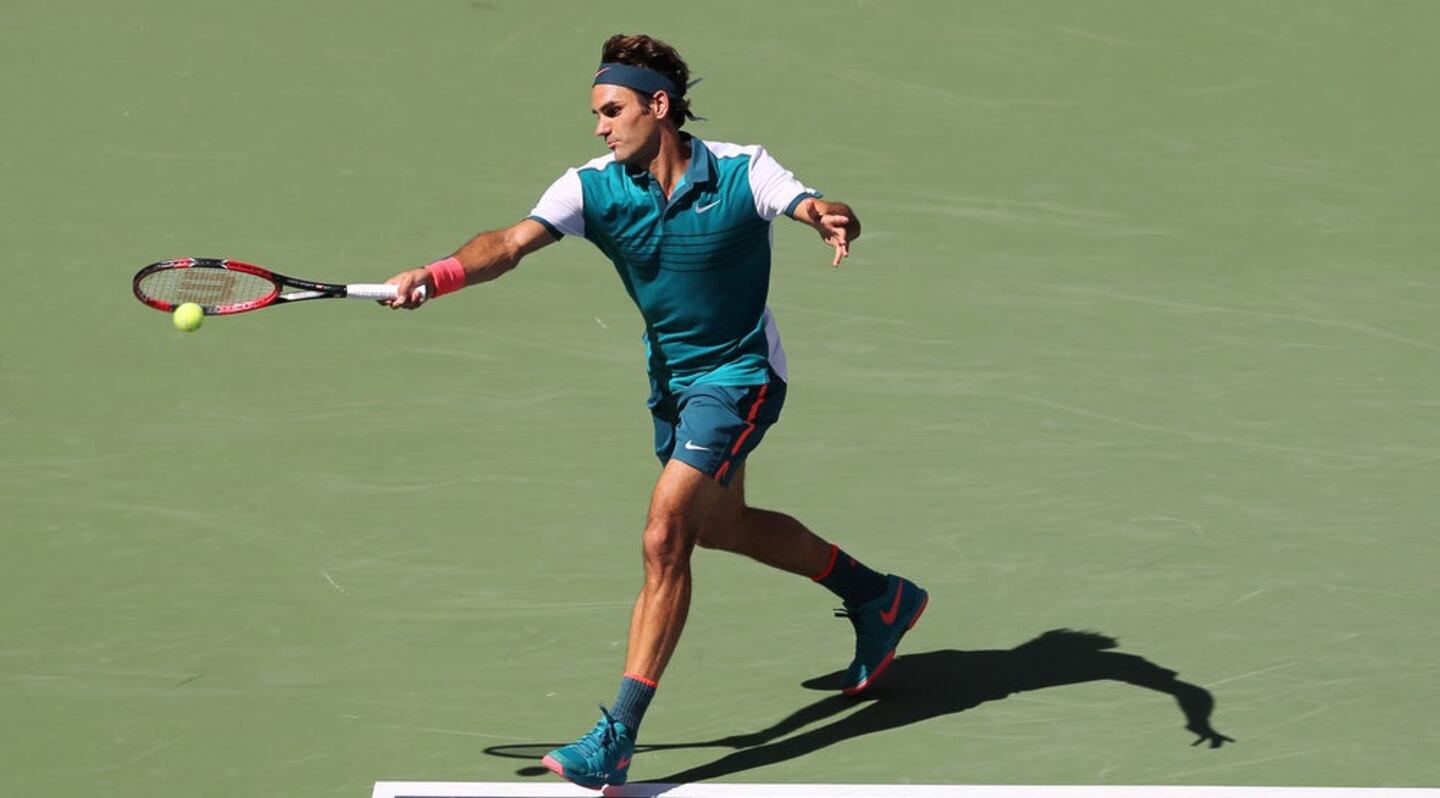
The Business of Fashion
Agenda-setting intelligence, analysis and advice for the global fashion community.

Agenda-setting intelligence, analysis and advice for the global fashion community.

ZURICH, Switzerland — Twenty-time Grand Slam tennis champion Roger Federer has bought a stake in Swiss running shoe manufacturer On, a move prompted by the end of his contract with Nike Inc. and as he plans for life after professional tennis, Swiss Sunday newspaper NZZ am Sonntag reported.
“I am excited to be able to work with a young Swiss company that’s on the up,” Federer was quoted as saying in extract of an interview to be published on Sunday. Without disclosing the actual size of his investment, Federer, 38, said he has put a substantial amount into the nine-year-old Zurich-based company.
“It’s a chunk of money big enough that I had to think about it carefully,” the newspaper cited him as saying. “I wanted to make a mark to show On how much I believe in the company and that I am planing for the long term with them.”
While Federer won’t take up a formal role at On, the company expects to release its first shoe that the star helped develop next year. On has 500 employees, 250 of which are based in Zurich. The company’s been profitable since 2014, the newspaper reported and, citing estimates, generates annual sales of as much as 200 million francs ($200 million).
ADVERTISEMENT
Last year, Federer signed a contract with Fast Retailing Co. Ltd's Uniqlo brand that broadcaster ESPN reported to be worth $300 million over 10 years.
By Jan Dahinten ; editors: Alastair Reed, Sara Marley
As the German sportswear giant taps surging demand for its Samba and Gazelle sneakers, it’s also taking steps to spread its bets ahead of peak interest.
A profitable, multi-trillion dollar fashion industry populated with brands that generate minimal economic and environmental waste is within our reach, argues Lawrence Lenihan.
RFID technology has made self-checkout far more efficient than traditional scanning kiosks at retailers like Zara and Uniqlo, but the industry at large hesitates to fully embrace the innovation over concerns of theft and customer engagement.
The company has continued to struggle with growing “at scale” and issued a warning in February that revenue may not start increasing again until the fourth quarter.